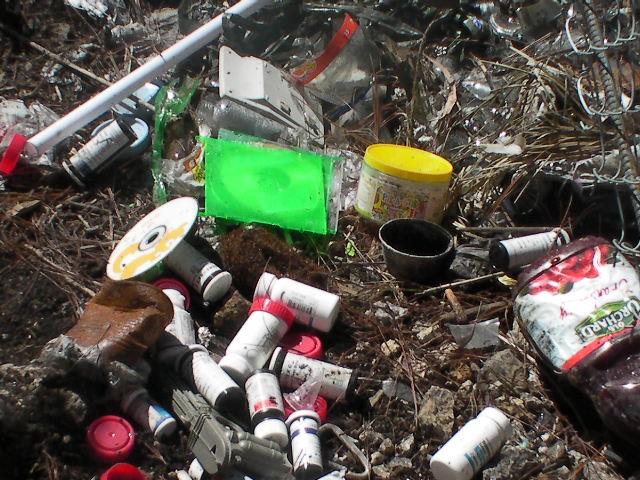Most of us, Filipinos, consider traveling and eating as a pleasure — especially when these moments are spent with our families or loved ones. And because we love food so much, going out will not be complete without purchasing or bringing snacks with us. However, after all the celebrations and fun gatherings, how responsible are we when it comes to proper waste disposal?
For instance, Sagada, one of the most-visited places in the North and known for its clean and green municipality, was reported to be proliferated by litters on the streets, rivers, and even on mountain slopes in 2013 caused by urbanization and improperly maintained dumpsite.
What happened in Sagada is pretty much disappointing especially on the locals’ part who had been spending all their lives trying to preserve the beauty of the place. This never-ending problem with trash always boils down to the issue of undisciplined Filipinos who normally fail to practice the “clean as you go” habit.

Before anything else, let’s have a “refresher.”

CLAYGO or “Clean as you go” is a practice commonly observed in some fast food chains and other public places to minimize risks to hygiene, health, and safety. This method encourages all of us to make cleaning a part of our daily routine. From the surfaces, tables and/or other equipment, we need to ensure that these are clean, hygienic, and clutter-free.
More than being obsessed with cleanliness, this practice is our little way of showing how we care for our environment. Instead of relying entirely on street sweepers or city cleaners, we should at least make an effort on cleaning up our own mess. However, no matter how easy as it may seem, this self-explanatory policy is not being practiced by most of us.
The general cleanliness and concern for the surroundings have always been a pervasive issue that needs further improvement. In September 2010, the MMDA Anti-Littering Law was implemented within the greater Manila area. Along with that, provincial cities also implemented their respective ordinances to help curtail littering. Offenders will be fined an amount of Php 500 to Php 1000 or render community service of 8 to 16 hours, depending on the nature of offense.
Citing a 2011 report, Metro Manila is said to generate 8,400 to 8,600 tons of trash per day, which constitutes 25% of the country’s overall daily solid waste production of about 35,000 tons.
Sadly, only 9 out of 17 cities in Metro Manila implemented a solid waste management planning program.
The statistics on waste management is indeed a wake-up call for everyone. And before it’s even too late, let’s help in the conservation of the world we live in by simply applying the CLAYGO policy.
If we want change, then it must start with all of us.
______
INQPOP! Stories we think you might also like:
After the PCGA’s coastal clean-up drive, Manila bay is still covered in trash
Globe holds beach clean-up and coral planting in Boracay
5 Ingenious ways you can reuse and recycle expired makeup products
National Geographic Earth Day Run all set for race day, goes #NotPlastic

